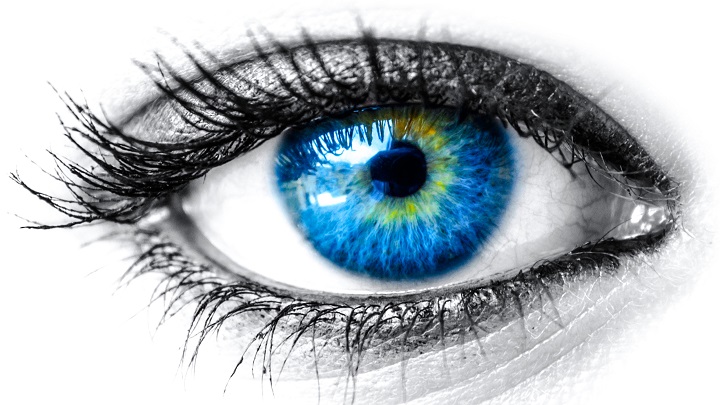Applying massive sequencing to identify mutated genes in hereditary eye diseases

An agreement between the University of Barcelona spin-off DBGen Ocular Genomics and the company Novartis España will enable the genetic identification of retinitis pigmentosa (RP) and Leber congenital amaurosis (LCA) in affected patients. Hereditary retinal dystrophies are pathologies affecting more than 20,000 people in Spain and can be caused by more than 200 genes, 70 of which are associated with RP and LCA. Access to the first gene therapy requires a diagnosis that identifies the mutated genes in each patient. The agreement between DBGen Ocular Genomics and Novartis will allow the accurate diagnostics of the genetic bases of these two pathologies to be conducted by mass sequencing of gene panels designed by the UB spin-off.

An agreement between the University of Barcelona spin-off DBGen Ocular Genomics and the company Novartis España will enable the genetic identification of retinitis pigmentosa (RP) and Leber congenital amaurosis (LCA) in affected patients. Hereditary retinal dystrophies are pathologies affecting more than 20,000 people in Spain and can be caused by more than 200 genes, 70 of which are associated with RP and LCA. Access to the first gene therapy requires a diagnosis that identifies the mutated genes in each patient. The agreement between DBGen Ocular Genomics and Novartis will allow the accurate diagnostics of the genetic bases of these two pathologies to be conducted by mass sequencing of gene panels designed by the UB spin-off.
"This is an excellent opportunity to help patients affected by these hereditary eye diseases", note the researchers Roser González Duarte and Gemma Marfany, creators of DBGen Ocular Genomics in 2018 and members of the Department of Genetics, Microbiology and Statistics of the Faculty of Biology and the Institute of Biomedicine of the UB (IBUB), and Rebeca Valero, research and innovation director of the spin off.
University and business
DBGen Ocular Genomics, a leading company in the genetic diagnosis of ocular hereditary diseases, has several agreements with pharmaceutical companies and collaborations with institutions and patient associations at national and international level. In 2021 it was selected in the third call of EASI-Genomics —an initiative of the European Union to support innovative genomics projects — to promote the application of long-read sequencing to solve complex genetic diagnoses in patients with retinal dystrophies. Its agreement with Novartis, which will be active until 2024, will enable a total of 150 genetic diagnoses to be conducted in patients affected by these pathologies.
Novartis is a leading multinational pharmaceutical company focused on the development of pioneering drugs for the treatment of various cardiovascular, neurological and ophthalmological diseases, among others.
Multimedia gallery

